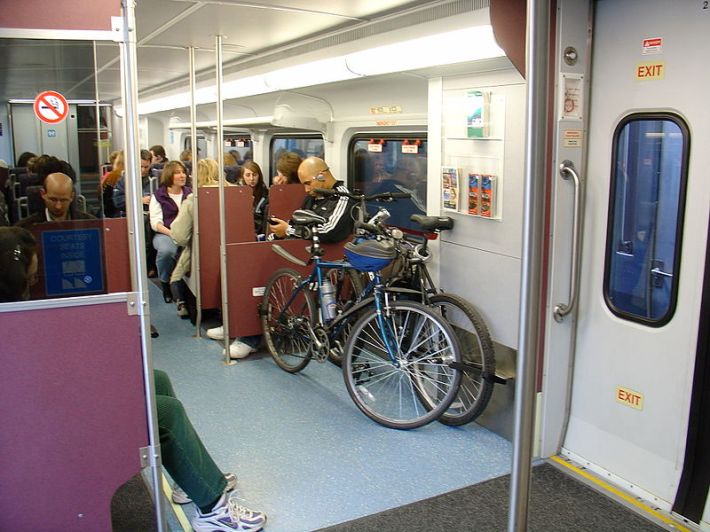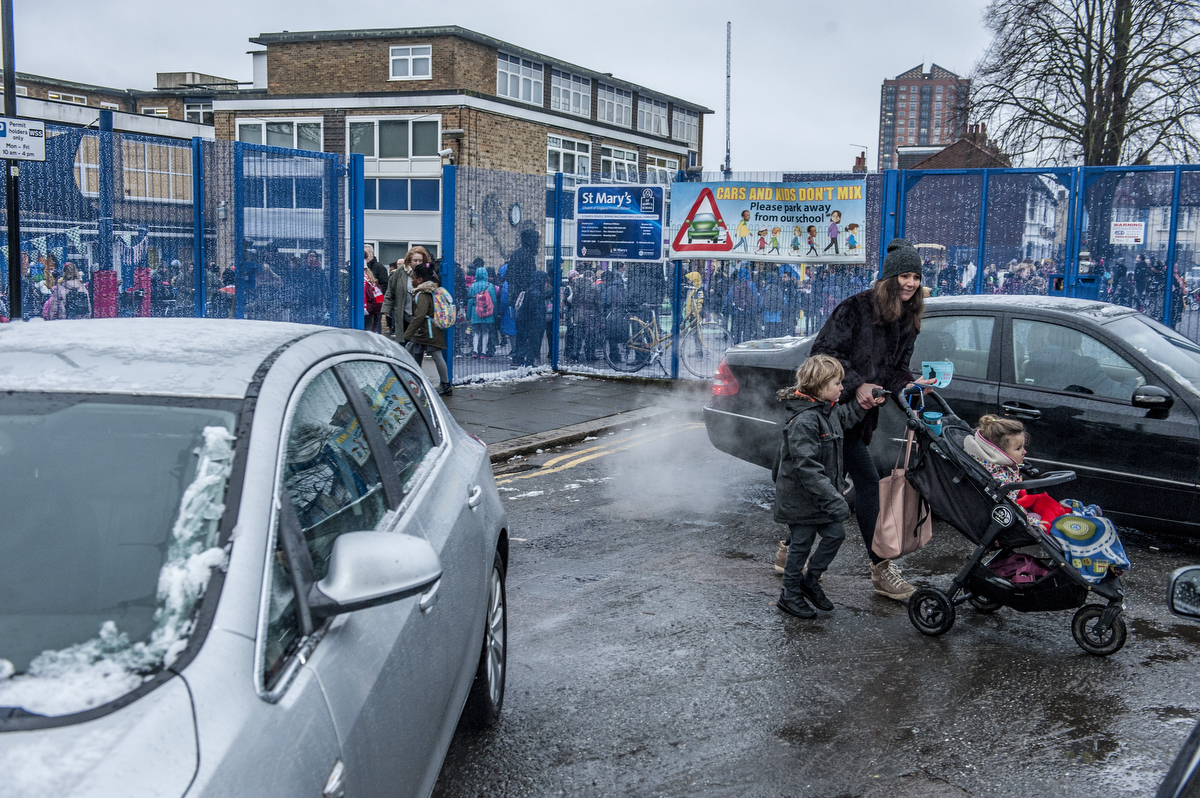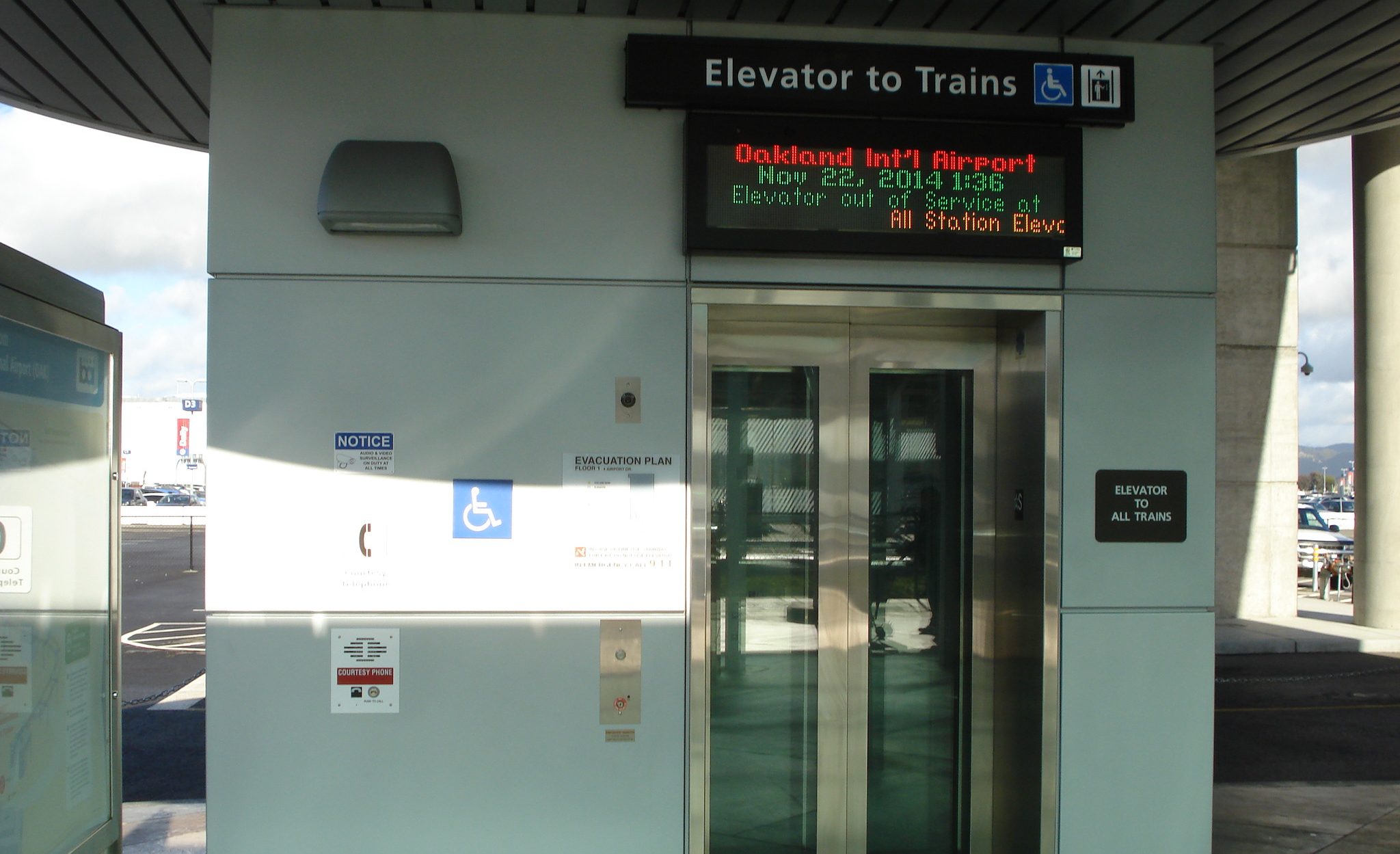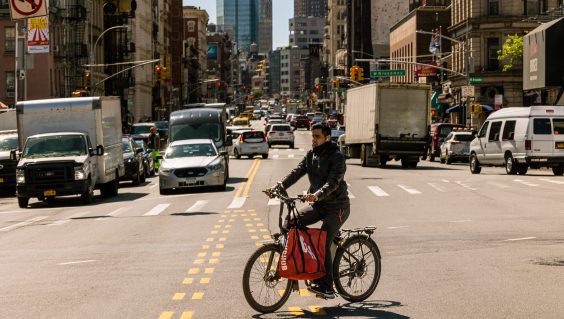Congress Expected to Level Tax Benefit for Transit and Car Commuters
Stay in touch
Sign up for our free newsletter
More from Streetsblog USA
Four Things to Know About the Historic Automatic Emergency Braking Rule
The new automatic emergency braking rule is an important step forward for road safety — but don't expect it to save many lives on its own.
Who’s to Blame for Tuesday’s Headlines?
Are the people in this photo inherently "vulnerable", or is this car just dangerous?
Why Riders With Disabilities Have To Sue For Accessible Transit Stops
A Bay Area transit agency is only the latest to be sued over inaccessible stations. What will it take to get every American stop ADA compliant?
Monday’s Headlines Reconnect With Pete
More than $3 billion is flowing out of the White House to help correct infrastructure mistakes in Black communities.
‘Buy, Bully, Bamboozle’: Report Shows App Companies Threaten Democracy
App delivery companies seek to block worker-led improvements by spending big money on political influence, leveraging their data, and even co-opting progressive language, argues a new report that lands days before a national one-day strike by app-workers.





